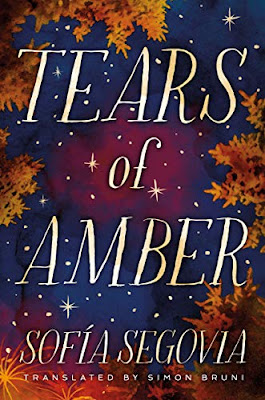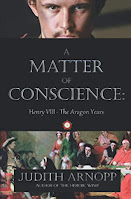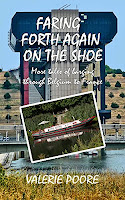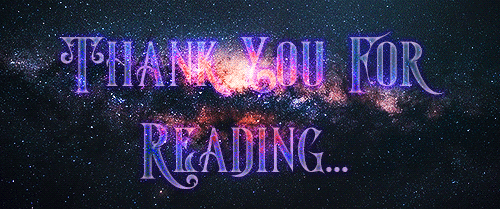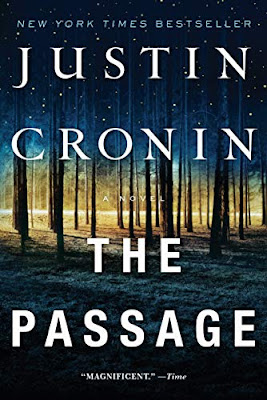I've reviewed 51 books on this blog this year, and tried to do my usual top twenty or top ten ... but I couldn't. Too many instances of 'which do I include, this one or that one?' I found, however, that I was able to choose my top five. I don't very often give my '5 GOLD stars' rating; there were only two last year. It's for the books that make me think '5 stars doesn't really do it justice'. These are my chosen five of the seven I awarded this year.
Click the book title for my review - includes Amazon/Goodreads links.
Mistress Constancy by Gemma Lawrence
Part one of the story of Jane Rochford, wife of George Boleyn
(I actually gave two more of Gemma's books 5 gold stars, but chose this one as my favourite!)
The Silkworm Keeper by Deborah Swift
'a novel of nuns and courtesans, artists and priests, in the shadow and splendour of the Eternal City' - 17th Century historical fiction. Stunning!
Life is Like a Mosaic by Sally Cronin
Pictures with free verse poetry - I am not a poetry lover, generally, but this is more like observations about life. A real gem (and I bought the hardback!).
If I had to choose one book as a favourite for the year, it would be this. Man walks into a bar on Christmas Eve some decades into the future, to wait for a cousin he has never met. While he's waiting, four others provide their stories about what happened when they got a phone call that said, 'you don't know me, but we're cousins'. Unusual, hilarious, genre-free and brilliant!
Such a good reading year, so many I recommend; if you would like to take a look at those to which I gave 5 stars, please click HERE.
Here are a few of them:
The Heart Stone by Judith Barrow
A Matter of Conscience by Judith Arnopp
The White Rajah by Tom Williams
Faring Forth Again on the Shoe by Val Poore
Catch Me If I Fall by Nikki Rodwell
For those I gave 4.5*, please click HERE.
Here are a few of them...
Mists and Megaliths by Catherine McCarthy
Near Death by Richard Wall
Black Irish Blues by Andrew Cotto
...and here are some more I've loved - I hope you will discover some of my recommendations for yourself.
Happy reading!
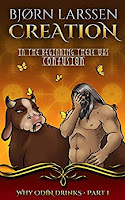 |
| Click HERE for review |
 |
| Click HERE for review |
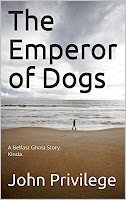 |
| Click HERE for review |
 |
| Click HERE for review |
 |
| Click HERE for review |
 |
| Click HERE for review |
 |
| Click HERE for review |
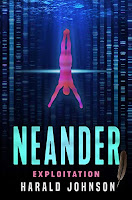 |
| Click HERE for review |
 |
| Click HERE for review |


